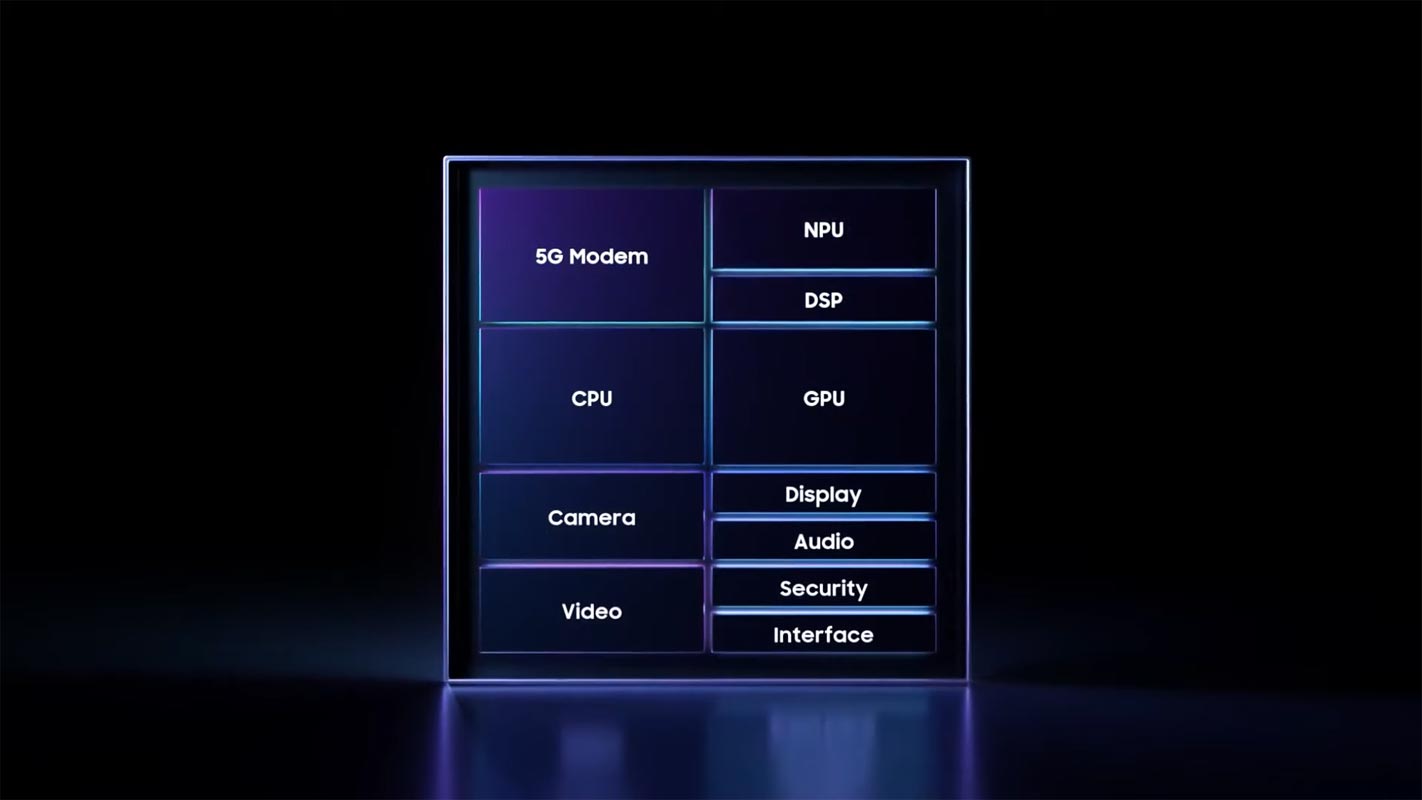In the ever-evolving landscape of technology, the development of custom processors plays a pivotal role in enhancing the performance and capabilities of devices. Google has relied on modified Samsung Exynos chipsets for its Pixel phones for years. However, recent reports suggest that Google will introduce its in-house processors shortly. Initially slated for 2024, the release of the first Google custom chip Tensor Processor has been pushed back to 2025, with a new codename, “Laguna,” associated with the upcoming processor. This article explores the delay’s reasons and implications for Google’s hardware endeavors.

The Journey Toward Google Custom Processors
Introducing custom processors represents a significant milestone for Google’s hardware division. By designing and manufacturing its chips, Google aims to enhance device performance, optimize power efficiency, and gain greater control over hardware-software integration. While Google has faced challenges in this pursuit, the company’s commitment to innovation remains unwavering.
The Delay and Its Causes
A former Google chip executive, interviewed by The Information indicated that the delay in releasing Google’s custom chip was partly caused by difficulties in retaining employees and coordinating between US and Indian teams. Additionally, frustration emerged within the project team as Google canceled the development of multiple Tensor chips in the last two years. These setbacks led to the need for a reevaluation of the development timeline.
Similarities with Meta’s Struggle
The challenges faced by Google in designing custom chips bear a resemblance to Meta’s (formerly Facebook) endeavors in creating chips for Virtual Reality (VR) and mixed reality (MR) devices. Meta initially pursued custom chip designs but ultimately partnered with Qualcomm to utilize Snapdragon XR chips in their products. This partnership allowed Meta to align its development roadmap and leverage Qualcomm’s expertise in chip design.
Current State: Semi-Custom and Future Prospects
Despite the delay in releasing their custom processors, Google will continue using semi-custom versions of Samsung’s chips. However, the company plans to shift manufacturing to Taiwan Semiconductor Manufacturing Company (TSMC). TSMC, known for its work with Apple’s iPhone chips, offers advanced packaging technology that enhances power efficiency while maintaining a slim chip profile.
The Redondo Test Chip and Laguna Processor

To meet deadlines, the Tensor team could not provide TSMC with Redondo’s design for trial production by 2022. Instead, Redondo will be produced as a test chip, aiding the engineers in designing the new Laguna processor. The Tensor G5, built on TSMC’s 3nm process, is expected to exhibit superior power efficiency and performance. These advancements have generated substantial demand, with Apple reportedly reserving a significant portion of TSMC’s manufacturing capacity for their 3nm chips.
Google Tensor Processor Transitioning Away from Samsung Needs Time Until 2025
Google has set its sights on ultimately moving away from Samsung and fully embracing the development of its Tensor processors by 2025. However, The Information report suggests that Google will continue to license ARM CPU and GPU cores for the foreseeable future. The shift from Samsung holds several potential benefits, as the Samsung Exynos-based Tensor chips have faced criticism for running hot even with light workloads.
Challenges and Return on Investment
Designing custom processors entails significant financial investments, making it challenging for any company. With its substantial user base and growing market presence, Google must carefully evaluate the potential returns on this investment. The exact sales figures for Google Pixel phones are undisclosed. Market research indicates that the company has sold around 27.6 million units since the device’s launch in 2016. In comparison, industry giants Samsung and Apple have shipped hundreds of millions of phones yearly.
FAQs
Why is Google shifting to in-house processors?
By designing its custom processors, Google aims to enhance device performance, optimize power efficiency, and gain greater control over hardware-software integration.
What caused the delay in releasing Google’s custom chip?
Challenges with employee retention and coordination between US and Indian teams. The cancellation of previous Tensor chip development is the reason for the delay.
What are the benefits of moving away from Samsung for Google?
Moving away from Samsung allows Google to address concerns about excessive heat generation in their devices. It happens with the Samsung Exynos-based Tensor chips.
Will Google continue using Samsung’s chips in the interim?
Yes, Google plans to continue using semi-custom versions of Samsung’s chips until they transition fully to their in-house Tensor processors.
How does Google’s market presence affect its decision to develop custom processors?
Google must carefully evaluate the return on investment for developing custom processors. They also should consider their market presence and sales figures compared to industry leaders like Samsung and Apple.
Wrap Up
Google’s choice to create its processors is a strategic move. They want to improve device performance and gain more control over hardware development. The release of the first Google custom chip has been delayed. This setback allows the company to engage in careful design and refinement. Google envisions a future where its devices exceed efficiency and overall performance expectations by shifting manufacturing to Taiwan Semiconductor Manufacturing Company (TSMC) and introducing the Laguna processor.
Google’s decision to develop its processors empowers them to enhance hardware and software integration, leading to a smoother user experience. By gradually reducing reliance on Samsung, the company can tackle past worries about heat generation in their devices. Ultimately, Google’s investment in custom processors positions them for a future where their hardware offerings can shine in the competitive market.

Selva Ganesh is the Chief Editor of this Blog. He is a Computer Science Engineer, An experienced Android Developer, Professional Blogger with 8+ years in the field. He completed courses about Google News Initiative. He runs Android Infotech which offers Problem Solving Articles around the globe.



Leave a Reply